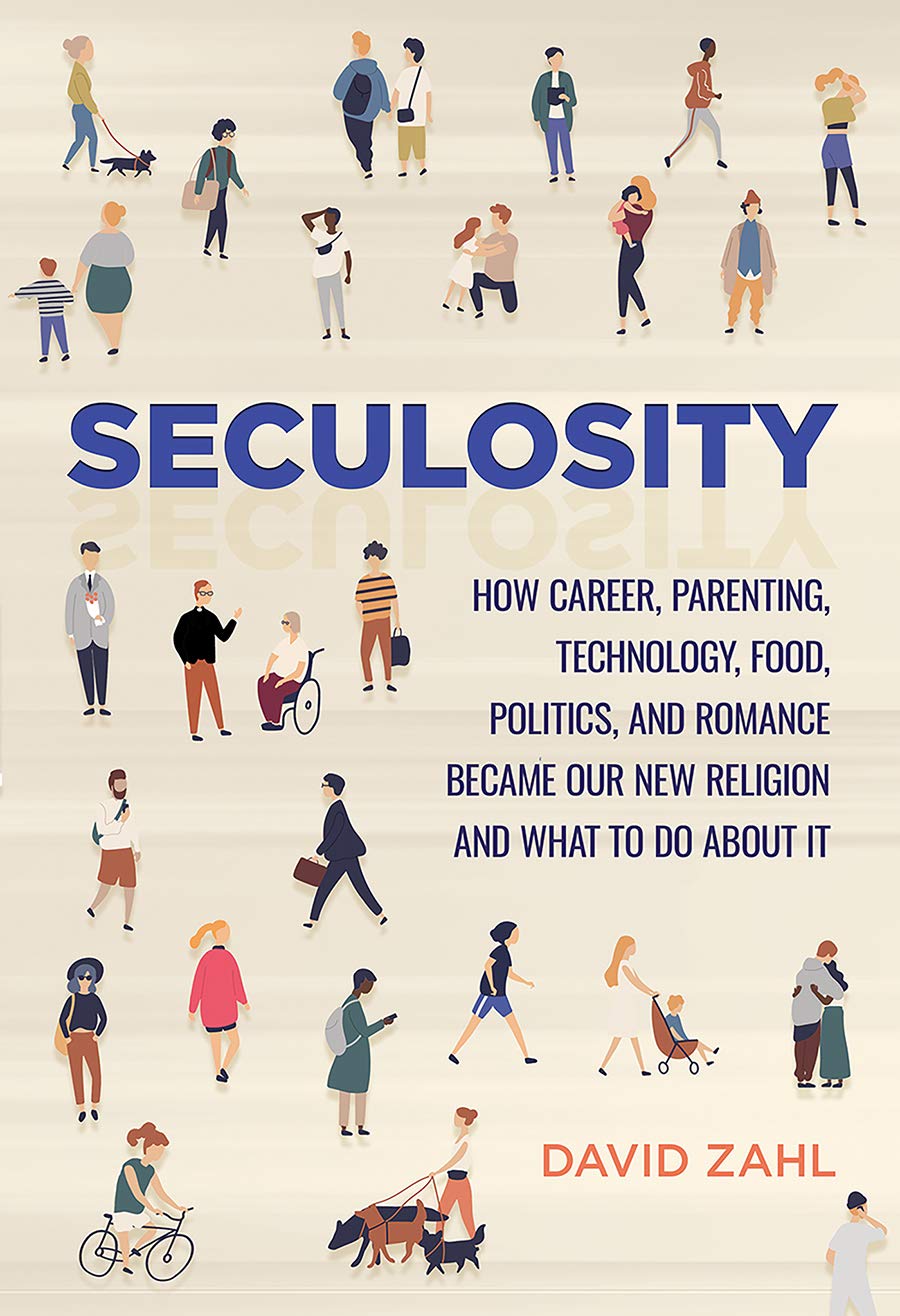Jay David Bolter’s The Digital Plenitude: The Decline of Elite Culture and the Rise of New Media examines how a singular narrative of what constituted high art and “culture with a capital ‘C'” has fractured into a “constellation” of forms, with none that can claim a special place that is necessary for an informed citizen to keep up on.
He does say there is a multiplicity of different, often bubbled-off forms of consumerdom, none of which is a must for anyone but its fans. He allows this as quite all right for cultural products but diagnoses it as a problem in democratic politics. It’s difficult to answer the question of what a democratic republic is, except to address the issue of self-government in a variegated polis. But I digress.
Bolter is a media professor, yet he’s most incisive when ruminating on art. He’s a little worse on music and popular entertainment and falls flat when discussing digital and social media. As a result, the book cannot seem to decide whether to be academic or popular, prescriptive or descriptive. It leads to vacillating, and that results in some confusion. He writes, “The rise of digital media in the second half of the twentieth century occurred at a time when a cultural consensus that had held for decades was coming apart.” Well, in some way. It’s better to break it down by quarters and say the rise of digital media more accurately came in the fourth, and most of the consensus-fraying Bolter describes occurred in the second and third quarters.
Also, was there a firm consensus on the distinctness and highness of high arts, such as “the visual arts, classical music, and serious literature?” It seems more apt to say there was a consensus that there was a consensus. Charlie Chaplin, whose status is considered more than once in Bolter’s volume, was called “the best goddamn ballet dancer that ever lived” by competing vaudevillian jokester W.C. Fields for the footwork on display in the physical comedy of “The Tramp.” Anyone can see the joke works because it expects the audience to share a subversive disagreement with the elite status of ballet, not a respect for it. Similar problems occur when we spend time with the vanguards of ’60s rock and ’90s computing.

The Digital Plenitude tries to look at the present from the past, and the present from the future. But it misses the mark. As a result, it seems like a work out of its era striving to be timely. That is not to give it short shrift; there are insights and delights to be found. But they’re far enough apart that it may be better fodder for academics interested in his dichotomous theories about “flow” and “procedurality” than for summer readers.
Religions are made of beliefs and practices. Perhaps, as New Atheists claim, we humans are not intrinsically superstitious animals. But we are certainly inherently liturgical. In Seculosity: How Career, Parenting, Technology, Food, Politics, and Romance Became Our New Religion and What to Do about It, pastor and blogger David Zahl describes how in an age of empty church pews, religion thrives like never before. “The religious impulse is easier to rebrand than extinguish,” and today, “we’re seldom not in church.” So he coins the term “seculosity,” “a catchall for religiosity that’s directed horizontally rather than vertically, at earthly rather than heavenly objects.”
In diagnosing the seculosity of the modern world, Zahl brilliantly and crucially describes how our tacit religions, seculigions of parenting to food to politics and more, are bad religion. He covers the seculosity of “Jesusland,” taking on the way religion itself has become a sort of empty faith in certain places, a welcome addition that makes the book’s transparent Episcopal preachments much more palatable for non-Christian readers. If Bolter is a secularist asking what we can learn from religion, Zahl is a believer asking what we might consciously unlearn from religion to make ourselves better. Where competitively performative good works in religious communities replace grace and worship, Zahl shows us where we’ve gone astray. Where busyness and work have become their own sort of religion, he shows us how to recognize the problem so we might lose faith in false idols that can’t fulfill the prayers we make before them.

It might be correct to say this is a self-help book. But that designation rightly has a negative connotation of shallowness and unearned advice-giving. Here is a rare exception, like Bertrand Russell’s The Conquest of Happiness or Kathryn Schulz’s Being Wrong. This work thrums with real wisdom. Our modern seculigions construct themselves in the place of the more literal and pedigreed faiths to fill a hole created by the need to feel that we are enough. These strategies for achieving enoughness, Zahl shows, are, of course, doomed. Humans don’t do the concept of “enough.” Billionaires go to work, and the lovers of supermodels cheat. Google the idea of the “hedonic treadmill.” Only accepting that enough doesn’t come can free us of the commandments we don’t know we’re beating ourselves up for breaking. If perfection is the enemy of greatness, perfectionism is the enemy of sanity.
The broad thesis is grabbing. But Seculosity‘s angels are in the details. The crispy, tenable prose is enough to make anyone believe my theory that bloggers make great authors. Each subject gets treated with equal fun and gravity. It feels personal as well as universal. It’s hard to imagine anyone who wouldn’t be glad they opened this book. And anyone who opens it will be compelled to finish it.
Nicholas Clairmont is an associate editor at Arc Digital and a regular contributor to the Washington Examiner.
